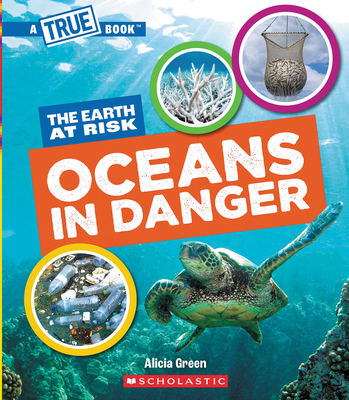
Jacobson, Michael F.
A high-sodium diet is deadly; studies have linked it to high blood pressure, strokes, and heart attacks. It's been estimated that excess sodium in the American diet causes as many as 100,000 deaths deaths and many billions of dollars in avoidable health-care costs each year. And yet salt is everywhere in our diets--in packaged foods, fast foods, and especially meals at table-service restaurants. Why hasn't salt received the sort of public attention and regulatory action that sugar and fat have? In Salt Wars, Michael Jacobson explains how the American food industry and a small group of scientists have successfully fought government efforts to reduce dangerous levels of sodium in our food.
Despite an abundance of research going back more than half a century showing that high-sodium diets lead to hypertension and other ills, a few scientists argue the opposite--that American consume a healthy amount of salt and that eating less would increase the risk of cardiovascular disease. This "man bites dog" take on sodium confused consumers and was enthusiastically taken up by food industry lobbyists. Jacobson, a salt wars combatant for more than forty years, explains what science actually says about salt intake and rebuts "sodium skeptics." He discusses what other countries are doing to cut dietary salt, and describes some recent victories in the United States. He advises readers how to reduce salt--warning them against "salt bombs" (Campbell's Chicken Noodle Soup, for example, packs an entire day's worth of sodium in one can)--and calls on them to suit up for the next battle in the salt wars.







